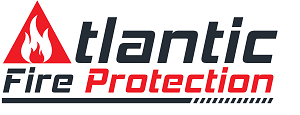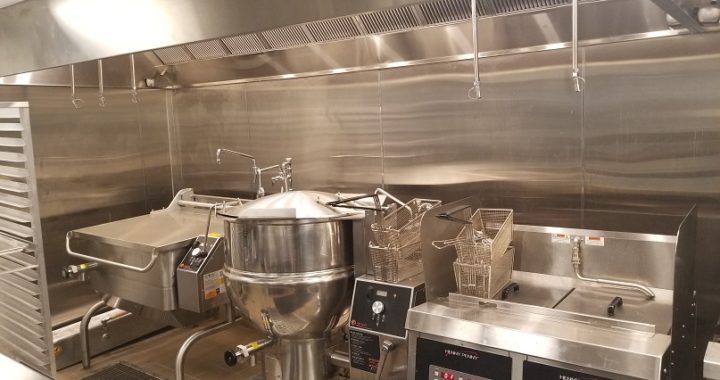In any commercial kitchen, food preparation and cooking are normal parts of operations. For the most part, you need heat, whether boiling water, cooking raw dishes, or baking goods. When it comes to these, there’s a potential fire risk, particularly if and when the kitchen isn’t properly set, or there is no fire protection system in place. That is where an Atlantic fire protection comes into play, and a kitchen hood suppression system can be your best bet!
What does a hood suppression system entail, and how can it foster safety for your commercial kitchen?
What to know about kitchen fires
Did you know that more than 7,000 restaurant fires are reported every year? That’s according to the National Fire Protection Association (NFPA). Cooking equipment in commercial kitchens is said to be the leading cause of fire outbreak. Fire can cause injuries and even cost people’s lives and lead to property damages per year.
This glaring statistic is expected as restaurants commonly use high-heating kitchen equipment. However, the problem is that grease fires cannot simply be eliminated with the use of water. Water can all the more worsen the situation. That is where a hood suppression system becomes extremely useful.
What a kitchen hood is
For the uninitiated, a kitchen hood suppression system is designed to protect a wide range of kitchen appliances, such as a stove and fryer. It consists of nozzles installed in the kitchen hood exhaust, where the wet chemicals automatically get discharged directly over the fire source. Basically, it is meant to suppress fire to protect your kitchen and the people inside it.
How a hood suppression system works
Fire needs three things to start and spread—oxygen, heat, and fuel. As soon as the system detects a fire, the nozzle releases the chemical fire extinguisher directly onto the fire source. This extinguisher quickly suffocates the fire by way of cutting it off from the oxygen. Simultaneously, the system shuts off the gas supply to the cooking equipment, thereby stopping the fuel. Both methods get rid of the fire with quick response and precision.
What maintenance is required for kitchen hoods
When it comes to the maintenance for your kitchen hood, there are two things to consider:
- Inspection: It’s imperative to have your kitchen hood inspected and tested regularly. Have a certified technician come into your commercial kitchen every six months.
- Servicing: It’s essential to have a regular servicing of your kitchen hood system. You need to address any irregularities and repair or replace damaged parts. The ultimate goal is to keep the system always up to code.
Conclusion
A hood suppression system is an effective way to protect your commercial kitchen from fire and promote the people’s safety.
It’s best to hire a service provider for your fire suppression installation. These hired professionals can also service your kitchen hood regularly. They can help you ensure that your commercial kitchen has a solid fire protection system and keep it up to code!
We have a wide range of Atlantic fire protection systems and services in New Jersey and Pennsylvania. If you are looking to have a fire suppression installation, such as a kitchen hood suppression system, get in touch with us today to see how we can help!

